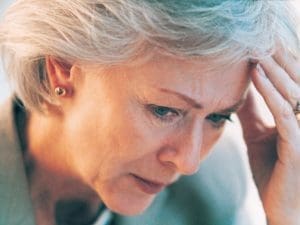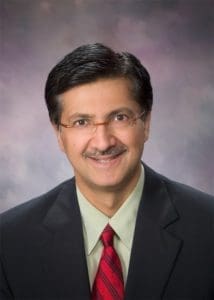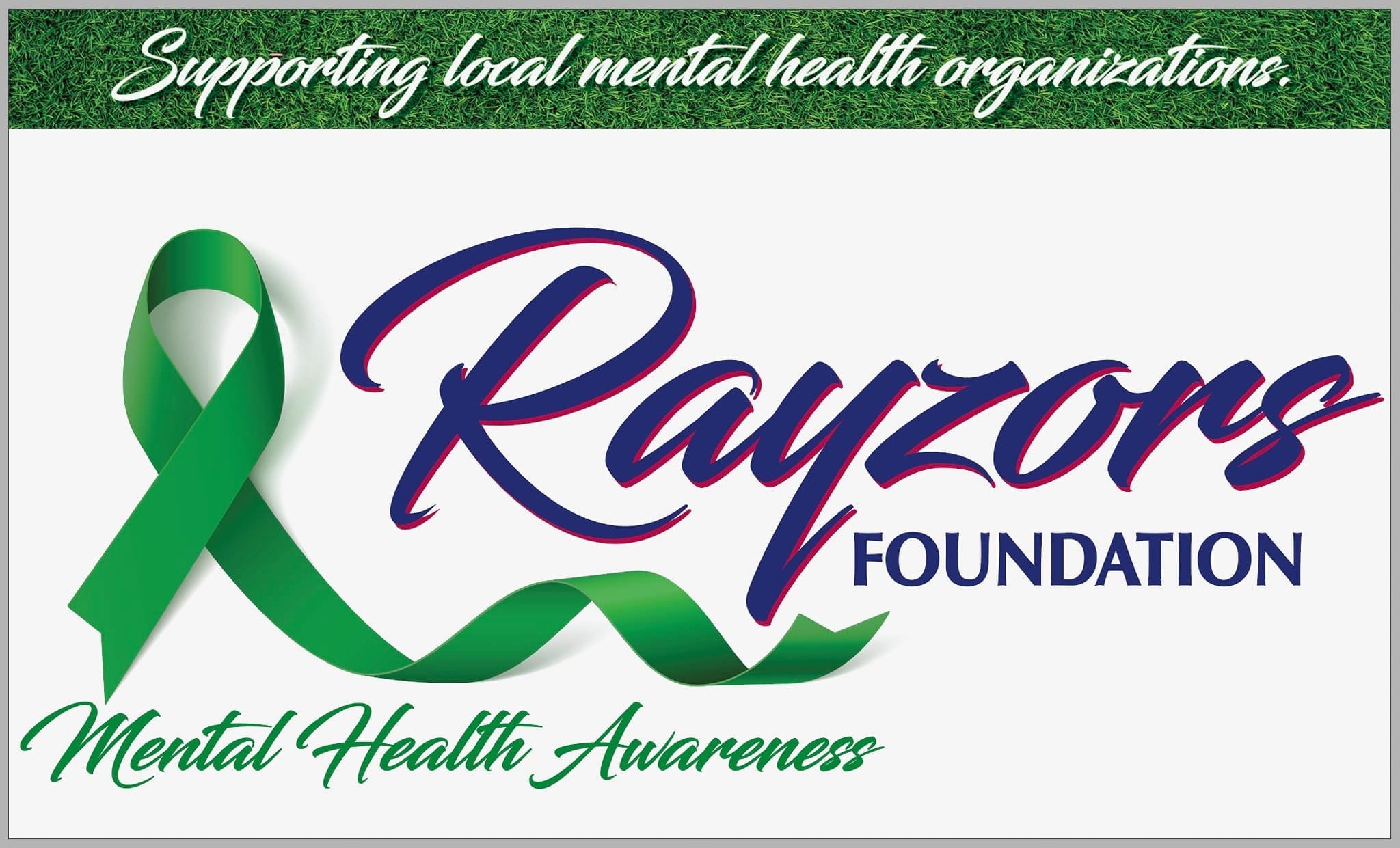
Depression in not a normal part of aging
Growing old certainly involves a variety of life stressors that can lead to depression but it’s important to understand that depression is not a normal part of aging. Some people have trouble making the transition from full time productive careers to retirement. Others have been forced to retire because of chronic health problems or disability. For some, mounting medical bills threaten their future financial stability. For other older adults, the loss of a loved one, or serious illness in a lifelong friend, or in your spouse, can add tremendous care-taking responsibilities, and also creates much sadness. Lack of mobility, either due to physical illness, or loss of driving privileges, can result in social isolation and loneliness. All these factors can lead to depression.
What is depression?
Most people think of depression only as sadness and a low mood, but clinical depression is far more than the ordinary “down” moods everyone experiences from time to time. General sadness will pass. Clinical depression affects your thinking, your emotions, your behavior and your physical health. Many leisure activities, that once were enjoyable, just don’t interest you anymore. You have aches and pains that keep coming back and your physician can’t explain it.
Symptoms of Depression include:
- A persistent sad, anxious or “empty” mood
- Loss of interest or pleasure in ordinary activities, including sex
- Decreased energy, fatigue, feeling “slowed down”
- Sleep problems (insomnia, oversleeping, early-morning waking)
- Eating problems (loss of appetite or weight; weight gain)
- Recurring aches and pains that don’t respond to treatment
- Excessive crying
- Feelings of hopelessness or pessimism
- Feelings of guilt, worthlessness or helplessness
- Thoughts of death or suicide; a suicide attempt
Help for Depression

Dr. Sanjay Gupta, CMO, BryLin Behavioral Health System
Dr. Sanjay Gupta, Chief Medical Officer for BryLin Behavioral Health System, leads a team of caring professionals at BryLin Hospital who provide care for older adults with serious mood, anxiety and dementia disorders. “Our caring staff provides valuable assistance to older adults, and their families, who are coping with changes in their health and their function”, says Dr. Gupta. Understanding the family/caregiver’s role with an older adult is important to long-term positive outcomes. “We will help educate and train caregivers about the nature of the presenting illness and how best to cope following discharge from the hospital”.
Specialized older adult treatment is provided in a therapeutic setting that fosters independence, dignity, and a sense of well-being by a multidisciplinary team of psychiatrists, internal medicine physicians, nurses, Masters level social workers, recreational and art therapists, dietary specialists and others.
Many individuals, including older adult caregivers, think that depression will go away by itself. Some might think that they’re too old to get help or that getting help is a sign of weakness or a moral failing. It is important to know that, like diabetes or heart disease, depression is a highly treatable condition. Even the most severely depressed individuals can be treated successfully, often in a matter of weeks, and they can return to a happy and more fulfilling life.
Discuss your questions confidentially by calling BryLin Hospital at (716) 886-8200 ext. 2264.
# # #
BryLin Hospital
⇒ Home
⇒ Inpatient Crisis Mental Health Care for Children and Adolescents
⇒ Inpatient Crisis Mental Health Care for Adults
⇒ Electroconvulsive Therapy Program for Adults



Comments are closed